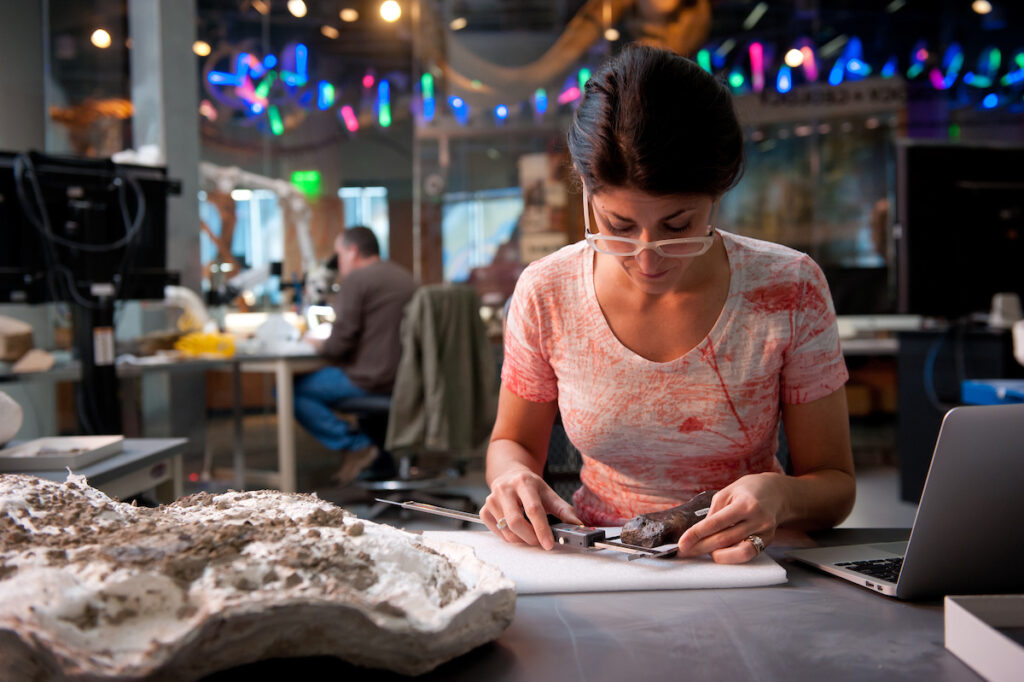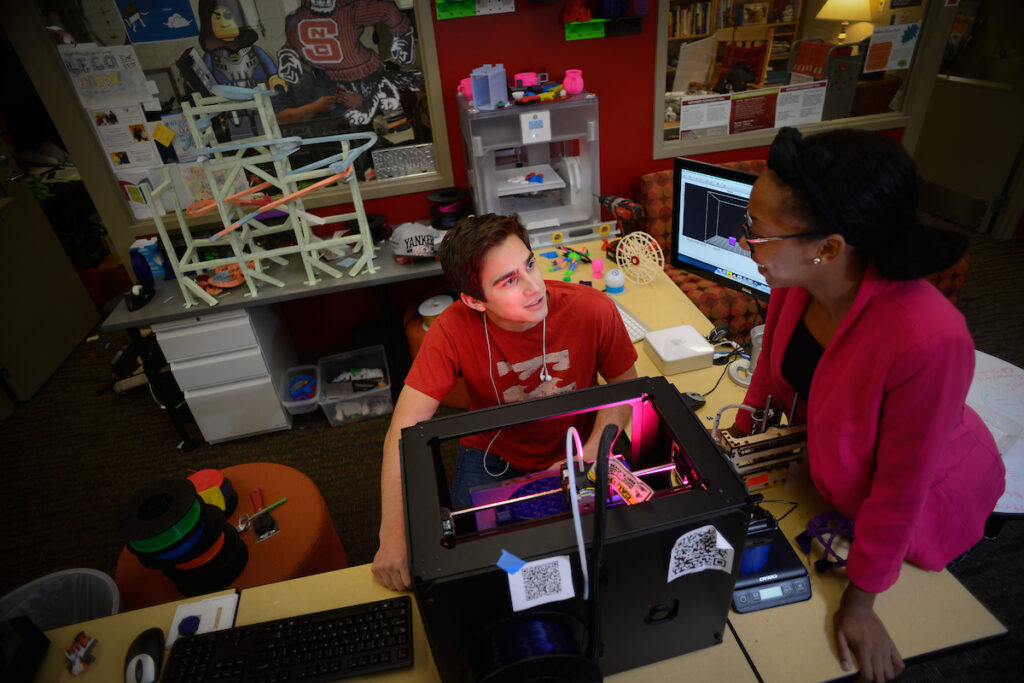Critical and Creative Thinking at NC State
Expectation
The Pack Proficiencies (General Education Competencies), including Critical and Creative Thinking, develop through multiple and sustained experiences across the General Education Program (GEP). The GEP provides a foundation for Critical and Creative Thinking and other Pack Proficiencies (General Education Competencies). It is expected that each degree program provide additional support to build upon that foundation throughout the major.
Outcomes
- A generally educated NC State student will raise questions, formulate problems and identify appropriate information when solving a problem.
- A generally educated NC State student will evaluate and interpret information presented when solving a problem.
- A generally educated NC State student will generate, judge and synthesize appropriate solutions for a problem.
- A generally educated NC State student will organize and communicate their thinking effectively in written form.
Creative Thinking
Outcomes
- A generally educated NC State student will apply creative thinking skills to explore alternatives, convey unique or novel ideas, create new knowledge, and adapt to new context and information.
- A generally educated NC State student will apply creative thinking skills to evaluate the benefits and drawbacks of ideas, recommend appropriate solutions and take risks in proposing approaches or directions.
Assessment of Critical and Creative Thinking
Additional Links
- Critical and Creative Thinking Rubric
- Critical and Creative Thinking Authentic Assessment Process
- TH!NK
- Critical and Creative Thinking Champion
- More Information on General Education Competency Assessment

